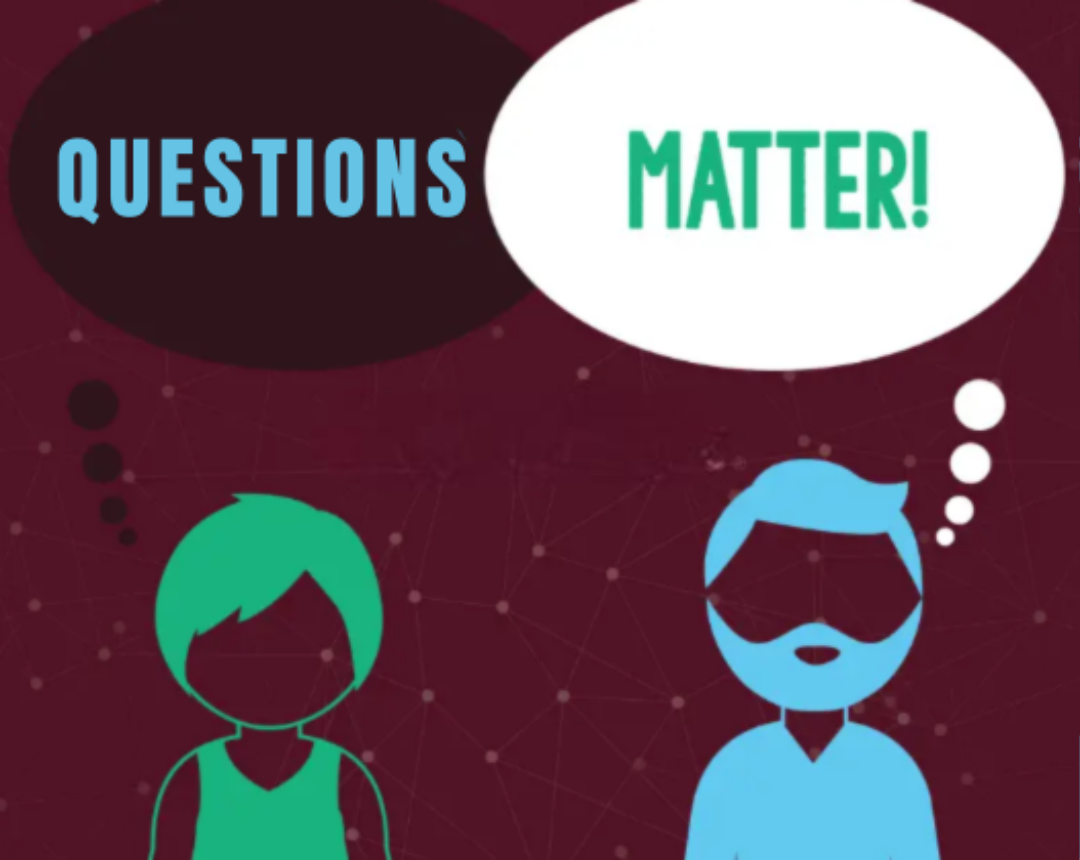Questioning someone’s beliefs is often viewed as an act of hostility. A simple why or how can be mistaken for a personal attack such as an insult to intelligence, morals, or identity. But what if being questioned is one of the highest forms of respect?
Throughout history, questioning has been the driving force behind progress. The Enlightenment Era, for example, was built on challenging the established norm. Thinkers like Voltaire and Locke questioned authority and tradition, which led to advances in science, human rights, and democracy. Without questions, movements like the abolition of slavery or women’s suffrage might never have gained momentum.
A question signals that the idea is worth engaging with. It implies that the person presenting it is capable, intelligent, and interesting enough to defend it. Inquiry comes with respect, dismissal comes through silence, not through asking a question.
Thoughtful challenges are invitations, not threats. They open the door for reasoning to be shared, for ideas to be tested, and for understanding to deepen. If a belief is sound, it will hold up under scrutiny, if it collapses, it’s likely the weakness was already there.
That said, it’s important to recognize that not every question is asked in good faith. Some questions are designed to confuse, derail, or attack, rather than being used to understand. The key difference lies in the intent behind the question: whether it’s aimed at genuine curiosity and dialogue, or at undermining and hostility. Recognizing this distinction helps keep the conversation constructive without dismissing the value that thoughtful questioning can bring.
To be thoughtfully questioned is to be acknowledged. In a world full of shallow agreement, it is a rare compliment, one that should often be met with confidence, not outrage. A world unwilling to let its ideas be examined is a world that risks clinging to false comfort.










